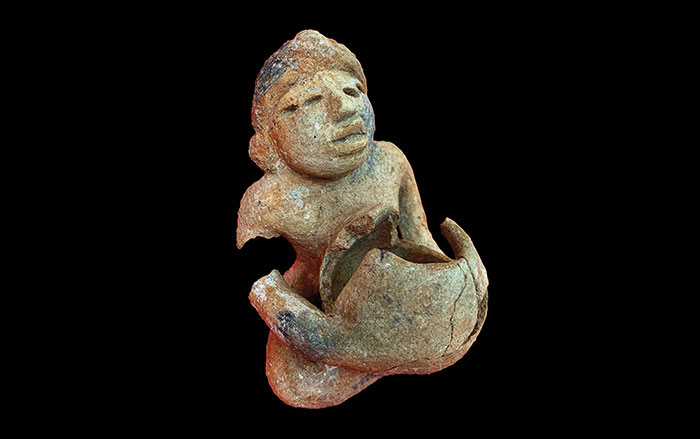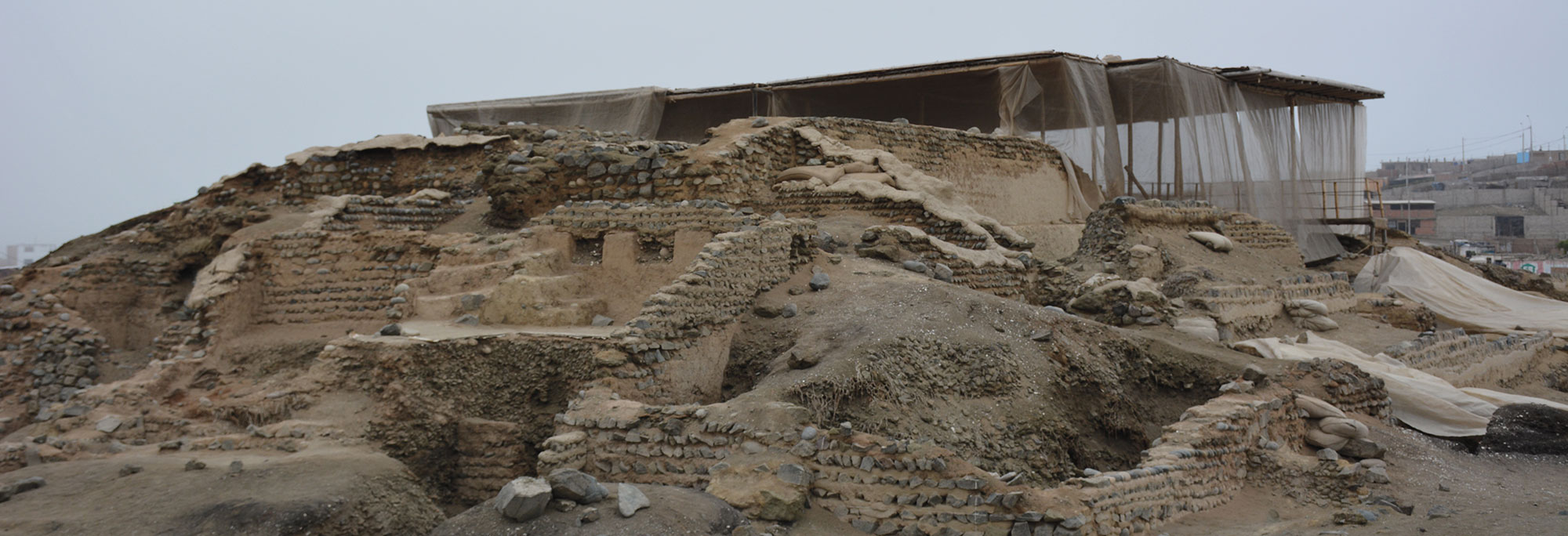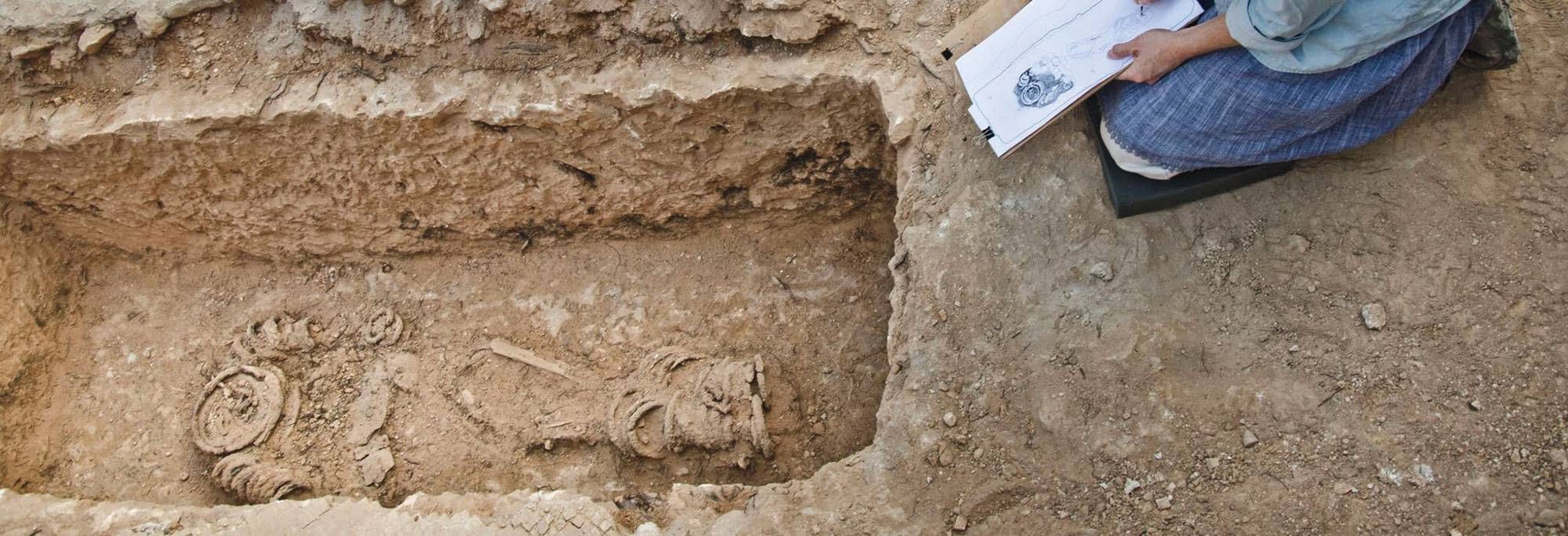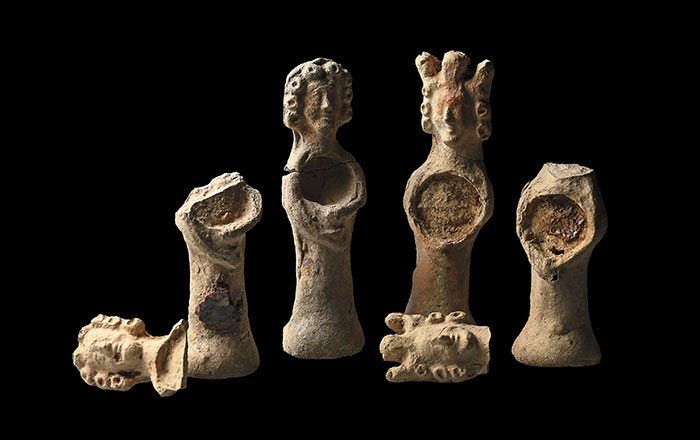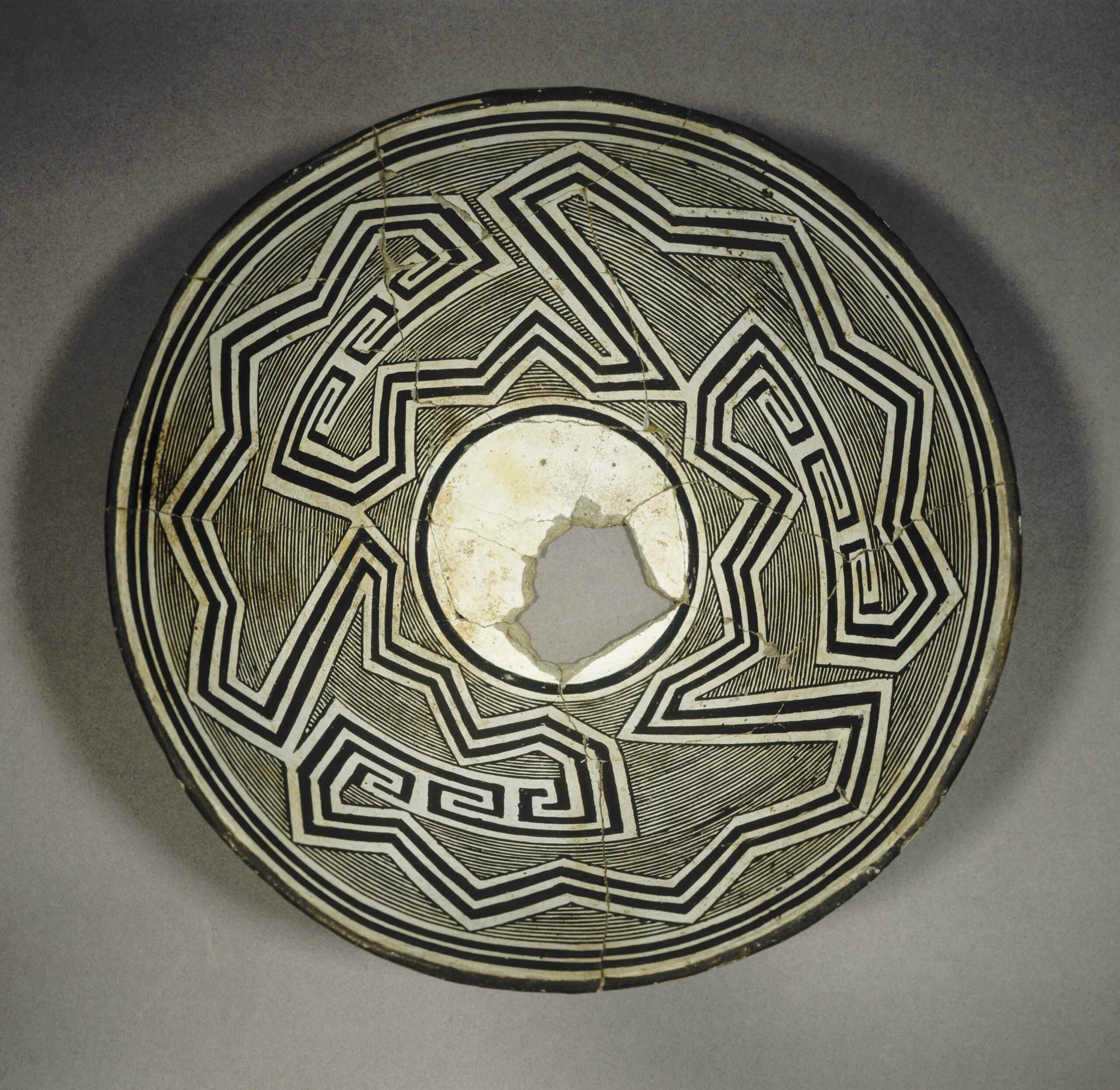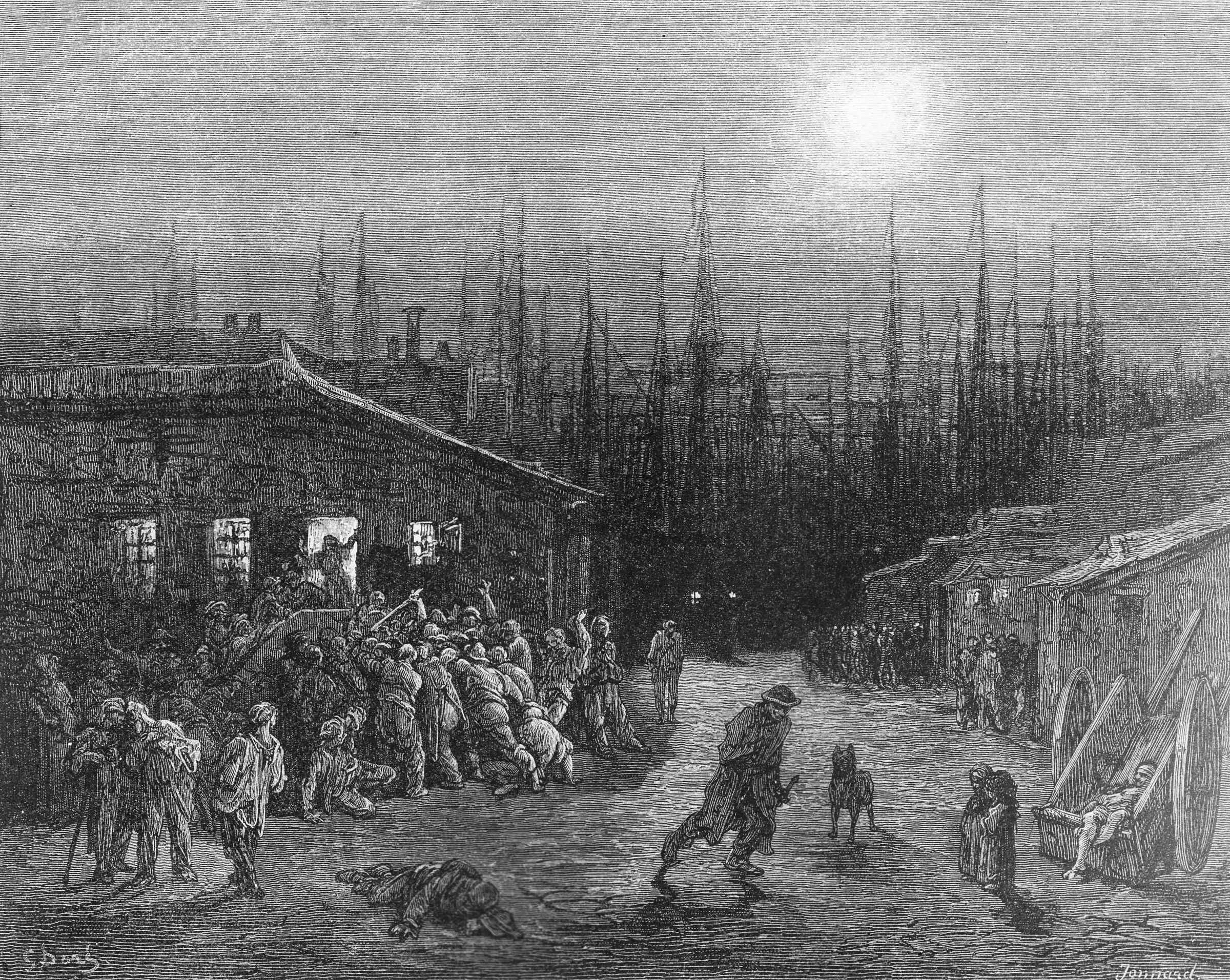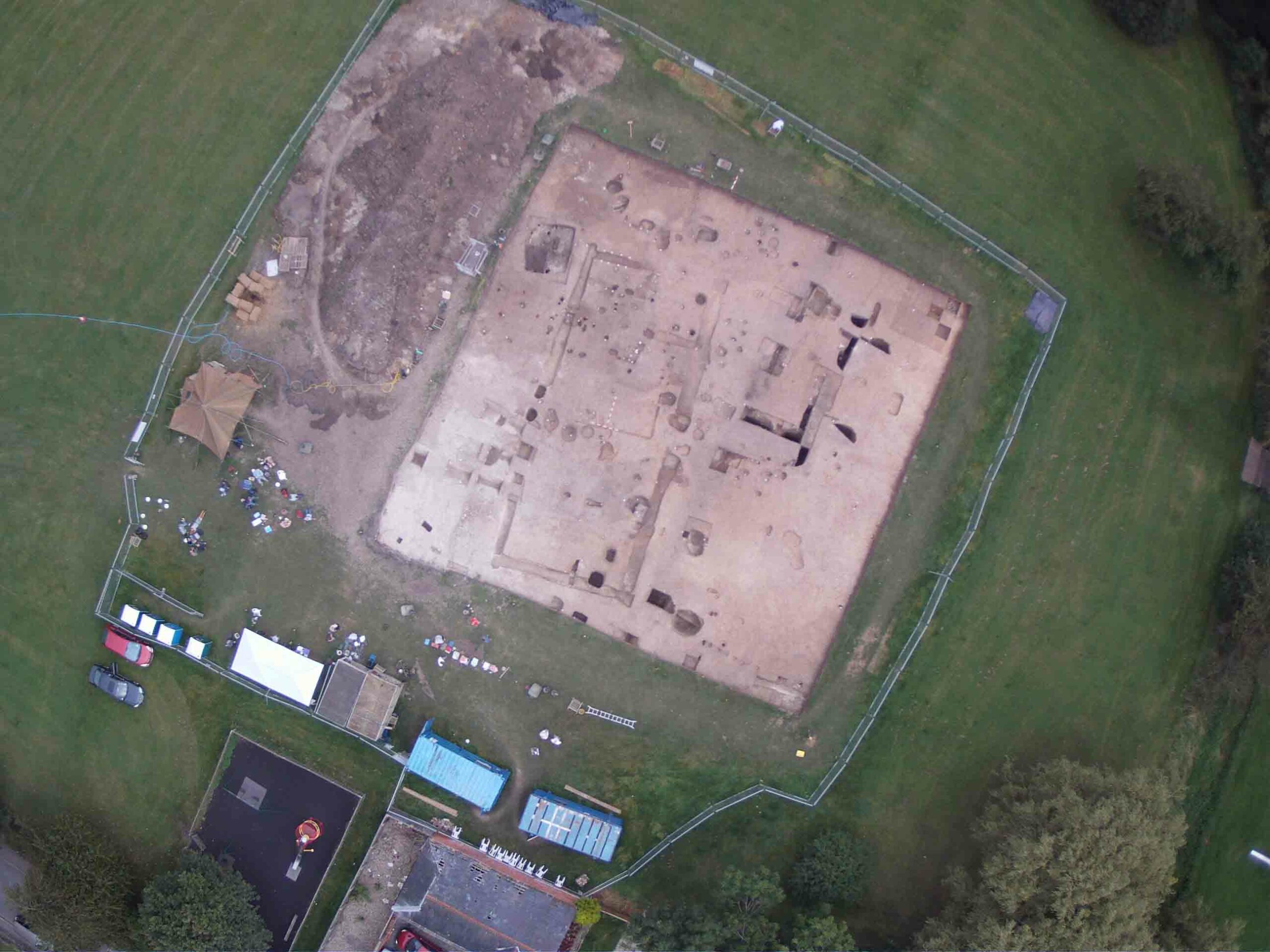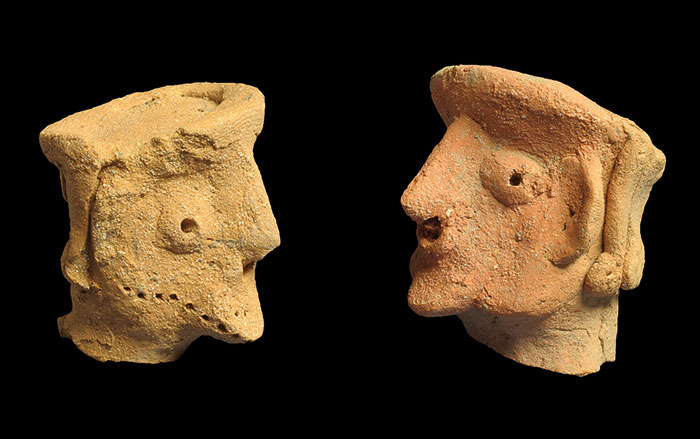
PAPHOS, CYPRUS—An analysis of fecal material recovered from a latrine in a medieval crusader castle shows that its occupants may have carried heavy loads of parasites, including whipworms and giant roundworms. Such parasites are spread by ingestion, suggesting that personal hygiene and sanitation were poor during the soldiers’ time on the island. “In these circumstances [it] is quite likely that medieval soldiers with a heavy parasite load would have been at increased risk of death from starvation during famine episodes such as long sieges or expeditions when supplies ran out. This is because they would have had to share the limited available food with their parasites,” according to Evilena Anastasiou and Piers Mitchell of the University of Cambridge.


